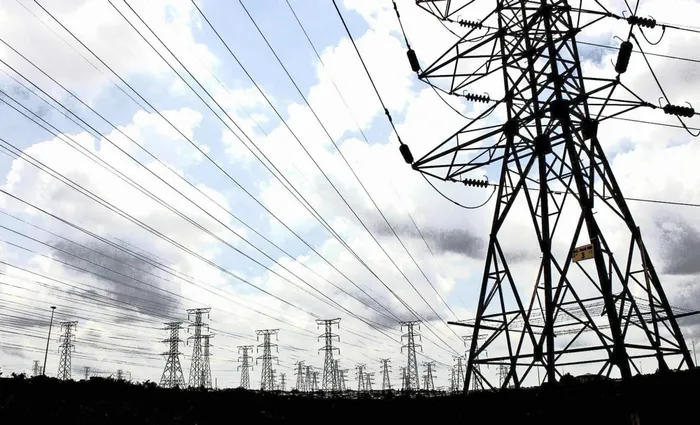
The Department of Electricity and Energy has introduced new rules for third-party power transmission, promising a more cost-effective energy transport system
Image: Bhekikhaya Mabaso/Independent Newspapers
The Department of Electricity and Energy’s new rules for third-party transmission on current energy networks may not eliminate load shedding altogether, but will result in more power being cost-efficiently transported through the grid.
This is the view of an energy expert following the announcement of new rules by Electricity and Energy Minister Kgosientsho Ramokgopa late last week. Ramokgopa said the move, also known as the electricity wheeling framework, is the “most consequential intervention” in South Africa’s electricity sector.
Independent energy expert, Chris Yelland, told IOL that allowing third parties to transport power will “certainly aid the reduction in load shedding by encouraging better use, more efficient use and bigger use of existing network infrastructure”.
Yelland added: “It’s something that we should welcome and encourage. But I want to stress, it's not a silver bullet for eliminating load shedding altogether.”
The updated Regulatory Rules on Network Charges for Third-Party Transportation of Energy make it possible for more power generation to be added to the grid at relatively low cost, said Yelland.
“In that regard, it reduces the pressure on Eskom’s generation, which is a pressure that they can't adequately meet at the moment.”
Yelland added that the new rules formed part of the liberalisation of the energy network, which has also resulted in a National Transmission Company of South Africa being created as an entity separate to Eskom.
“It's good to have a diverse generation sector. It's good to have a competitive generation sector. It helps keep prices down,” Yelland said.
Adding energy to the current grid would not cost any government entity additional money as existing infrastructure will be used – both municipal and Eskom’s networks. “So, it doesn't involve any public money. There may be a need to upgrade network infrastructure, but that is a common need that exists all the time,” Yelland said.
Yelland explained that the new regime will also enable Eskom and municipalities to benefit from additional income. “And it's a trend that you see, for example, with access to rail networks by companies that will have their own locomotives and carriages and do transportation using the public network infrastructure. It's a win-win situation for everybody.”
The third-party access system is also seen in the telecoms sector, with mobile network operators allowing other parties to use their infrastructure, which earns them income,” Yelland explained.
Related Topics:
